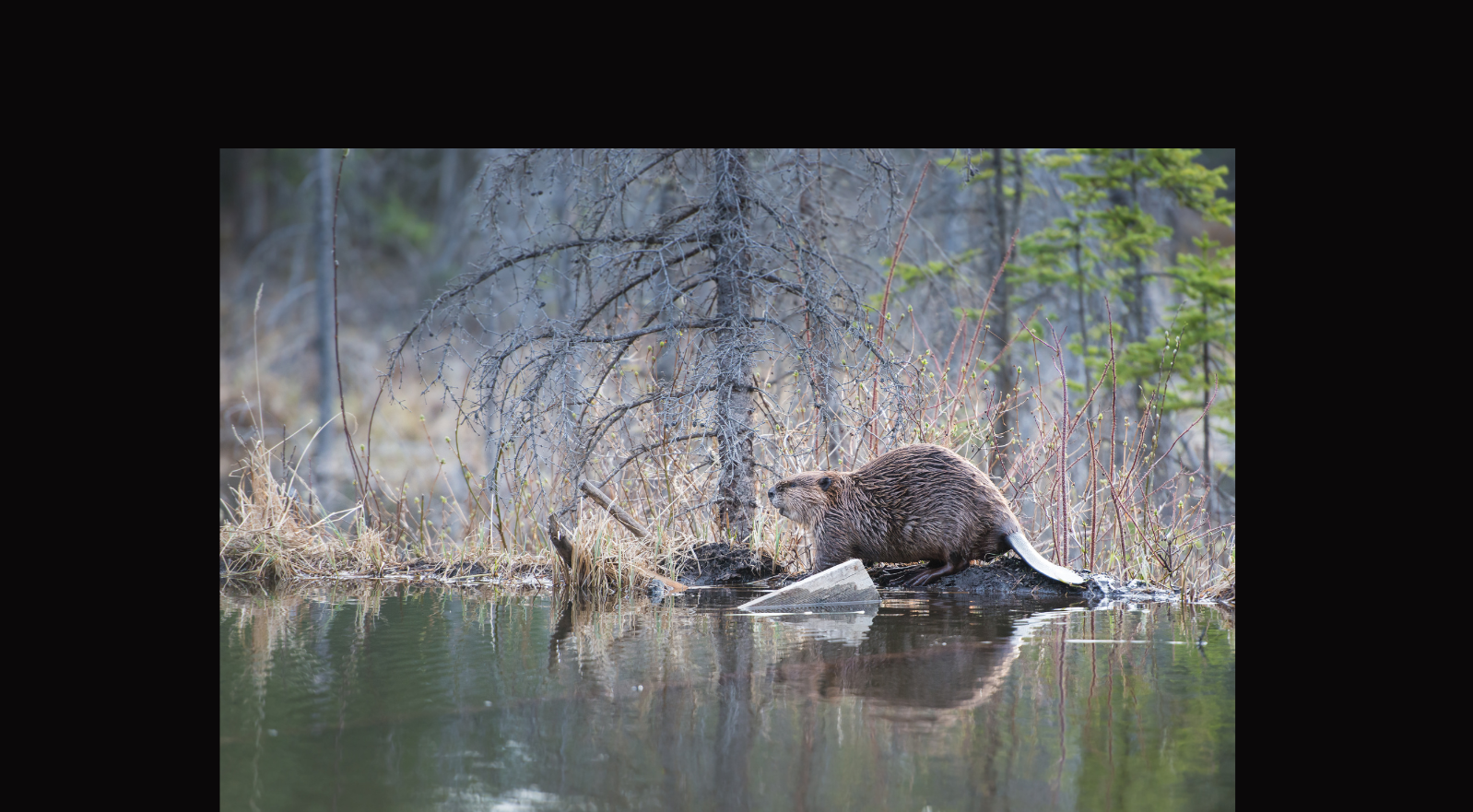
Beavers
Beavers in North Carolina
Overview:
Species: North American beaver (Castor canadensis)
Largest rodent in North America
Once nearly extirpated from NC, now found throughout the state
Important ecological engineers, altering landscapes and creating wetland habitats
Habitat and Behavior:
Found in rivers, streams, lakes, and wetlands
Build dams and lodges for shelter and protection
Primarily nocturnal and crepuscular (active at dawn and dusk)
Excellent swimmers and can remain submerged for up to 15 minutes
Life Cycle:
Monogamous, mating for life
Breeding occurs once a year, typically in January or February
Gestation period: about 105 days
Litter size: 2-4 kits
Kits remain with parents for up to two years
Diet:
Herbivorous: bark, twigs, leaves, and aquatic plants
Prefer softwood trees like aspen, cottonwood, and willow
Store food underwater for winter consumption
Unique Characteristics:
Large, flat tail used for swimming, balance, and communication
Webbed hind feet for swimming
Continuously growing incisors for gnawing wood
Waterproof fur and closable ears and nostrils for underwater activity
Human Interactions:
Common Occurrences:
Flooding of roads or property due to dam building
Tree damage or removal near water bodies
Creation of wetland habitats
Uncommon Occurrences:
Damage to crops or ornamental plants
Undermining of banks or structures near water
Resolution Methods:
DIY Solutions:
Install fencing or wire mesh around valuable trees
Use flow devices to manage water levels behind dams
Plant less palatable species near water bodies
Professional Wildlife Management:
Installation of pond levelers or other water control devices
Humane trapping and relocation (requires permits or license in NC)
Habitat modification to discourage beaver activity
Advance Management:
For persistent beaver issues, implement a combination of exclusion and deterrent methods. Use wire mesh guards around valuable trees and install beaver deceivers or pond levelers to manage water levels. Consider the ecological benefits of beaver activity before removal. If necessary, work with wildlife professionals to develop a management plan that may include selective dam breaching or controlled water level maintenance. Educate your community about the ecological role of beavers. Remember, beaver management in North Carolina often requires permits or licenses. Always consult with the NC Wildlife Resources Commission or a licensed professional (wildlife control agent) before undertaking any beaver management activities. By understanding beaver behavior and ecology, we can better balance human needs with the valuable ecosystem services these animals provide.

